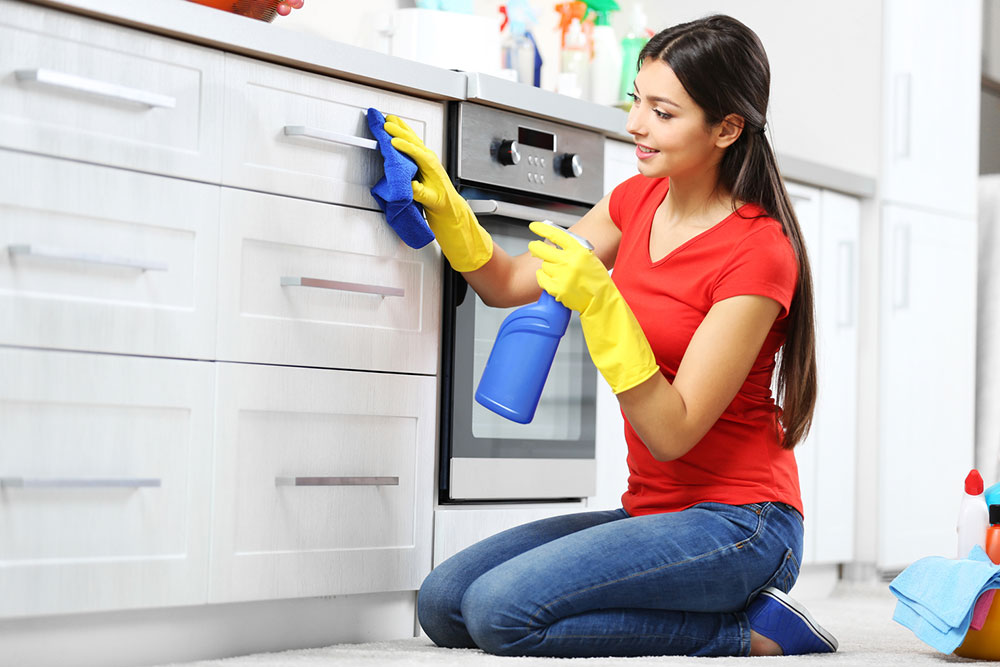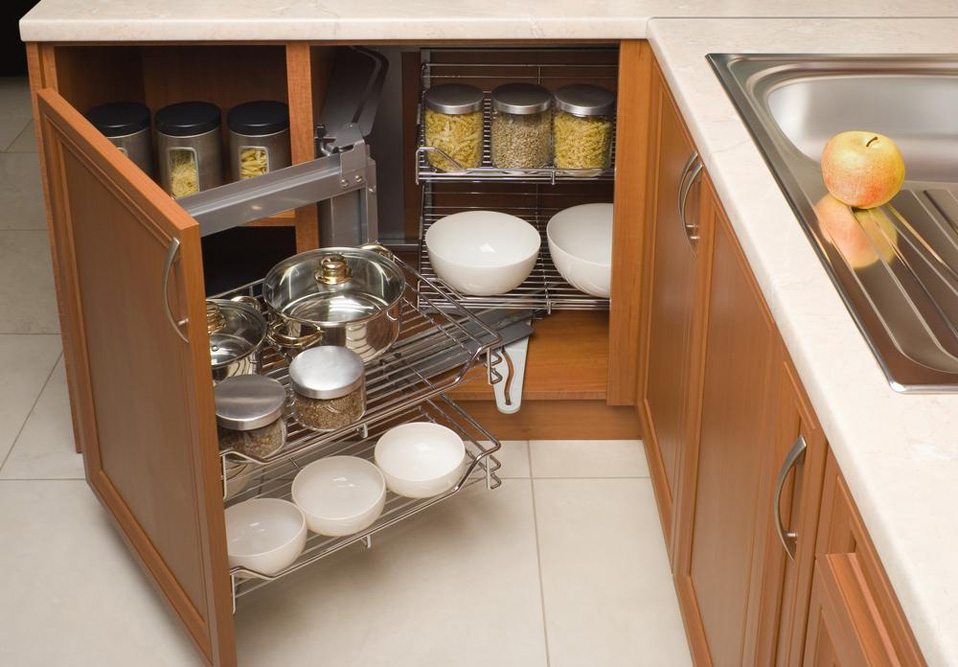Essential Reasons to Maintain a Clean Kitchen and Practical Tips
Discover essential tips for maintaining a clean, organized kitchen to prevent health hazards and improve efficiency. Learn about common issues like bacteria buildup, oil deposits, and waste management. Practical advice on eco-friendly cleaning, regular trash disposal, and clutter reduction helps ensure a safe, hygienic cooking environment. Keeping your kitchen clean not only enhances its appearance but also safeguards your family's health, making everyday cooking safer and more enjoyable.

Key Benefits of Keeping Your Kitchen Clean
Many homeowners focus on cleanliness in bedrooms, bathrooms, or dining areas, but often neglect the kitchen—the heart of every household that sustains all members. Overlooking proper kitchen hygiene can lead to serious health issues and clutter. This article discusses the importance of a tidy kitchen, the dangers of neglect, and effective cleaning strategies to keep this vital space safe and organized, aligning with the standards of the rest of your home.
Prevention of Foodborne Illnesses
The US CDC reports around 76 million cases of foodborne illnesses annually. Bacteria and viruses are transferred through contaminated hands and surfaces, risking food safety.
Pathogens like Escherichia coli, often present in raw meats and seafood, can cause severe health conditions such as hemolytic uremic syndrome. Shared utensils and gadgets may harbor bacteria, increasing diarrhea risks.
Oil and Grime Buildup
Continuous cooking results in sticky oil deposits on ceilings, appliances, and lighting fixtures, tarnishing the kitchen’s appearance and releasing foul odors. These oil stains may alter wall and ceiling paint over time. Market-available cleaners can help, but removing stubborn oil marks remains challenging.
Garbage Management
Failing to empty trash regularly causes overflow, attracting bacteria, flies, and viruses, which can spread diseases like typhoid, food poisoning, and gastroenteritis.
Risks of Wet Sinks
Merely rinsing sinks with water isn’t enough; damp surfaces provide breeding grounds for bacteria like Staphylococcus, which can lead to food poisoning and infections.
Disorganized Kitchen Space
An untidy kitchen hampers efficiency and increases hygiene risks—it’s cluttered, with misplaced utensils and supplies.
Tips for Maintaining a Clean Kitchen
Use eco-friendly, non-toxic cleaning agents on surfaces and utensils to prevent allergies and skin irritations. Natural ingredients like lemon and vinegar effectively clean oil stains from walls and cabinets. Regularly dispose of garbage and pack waste properly if it cannot be removed immediately. Keep storage containers, utensils, and tools neatly organized to improve functionality and safety.










